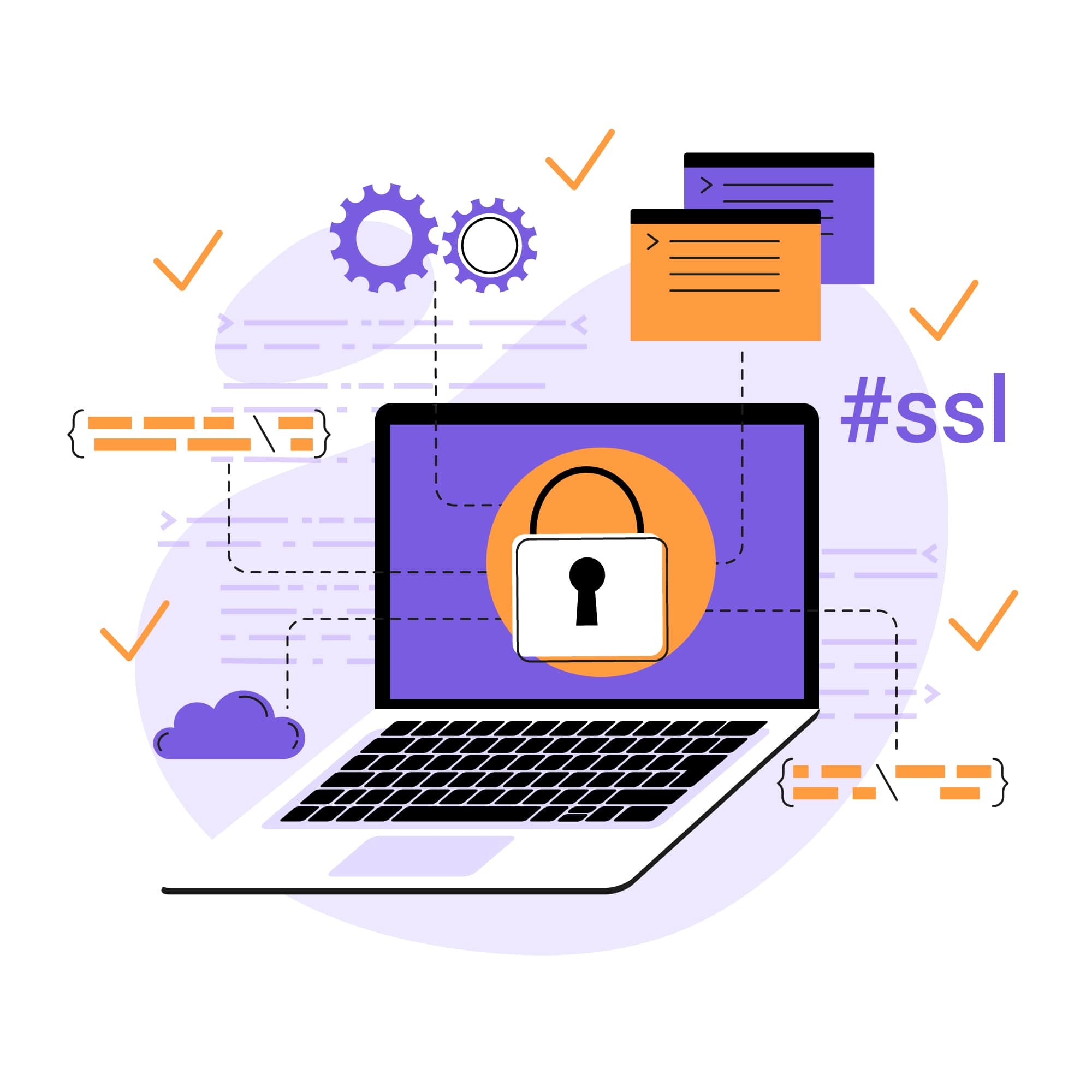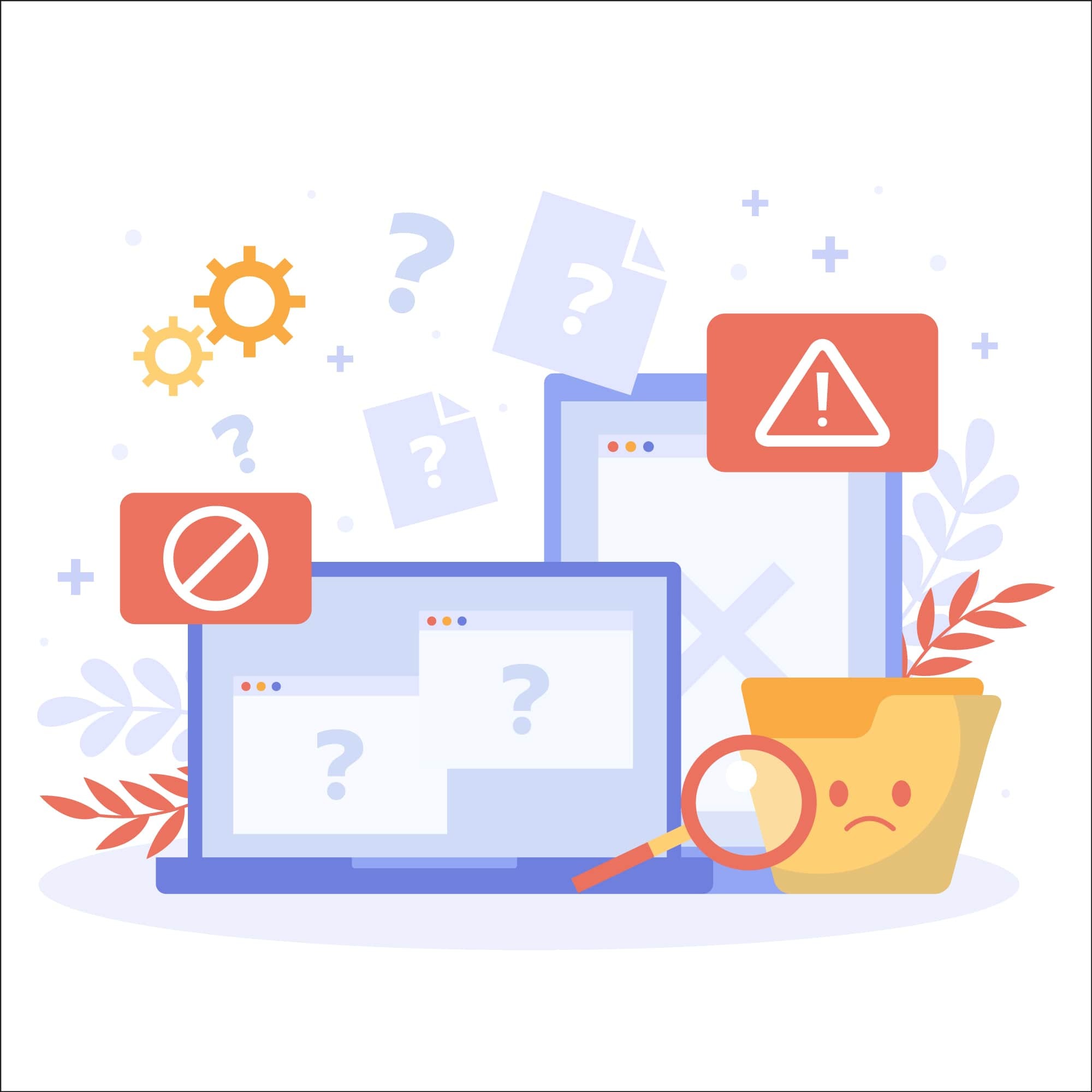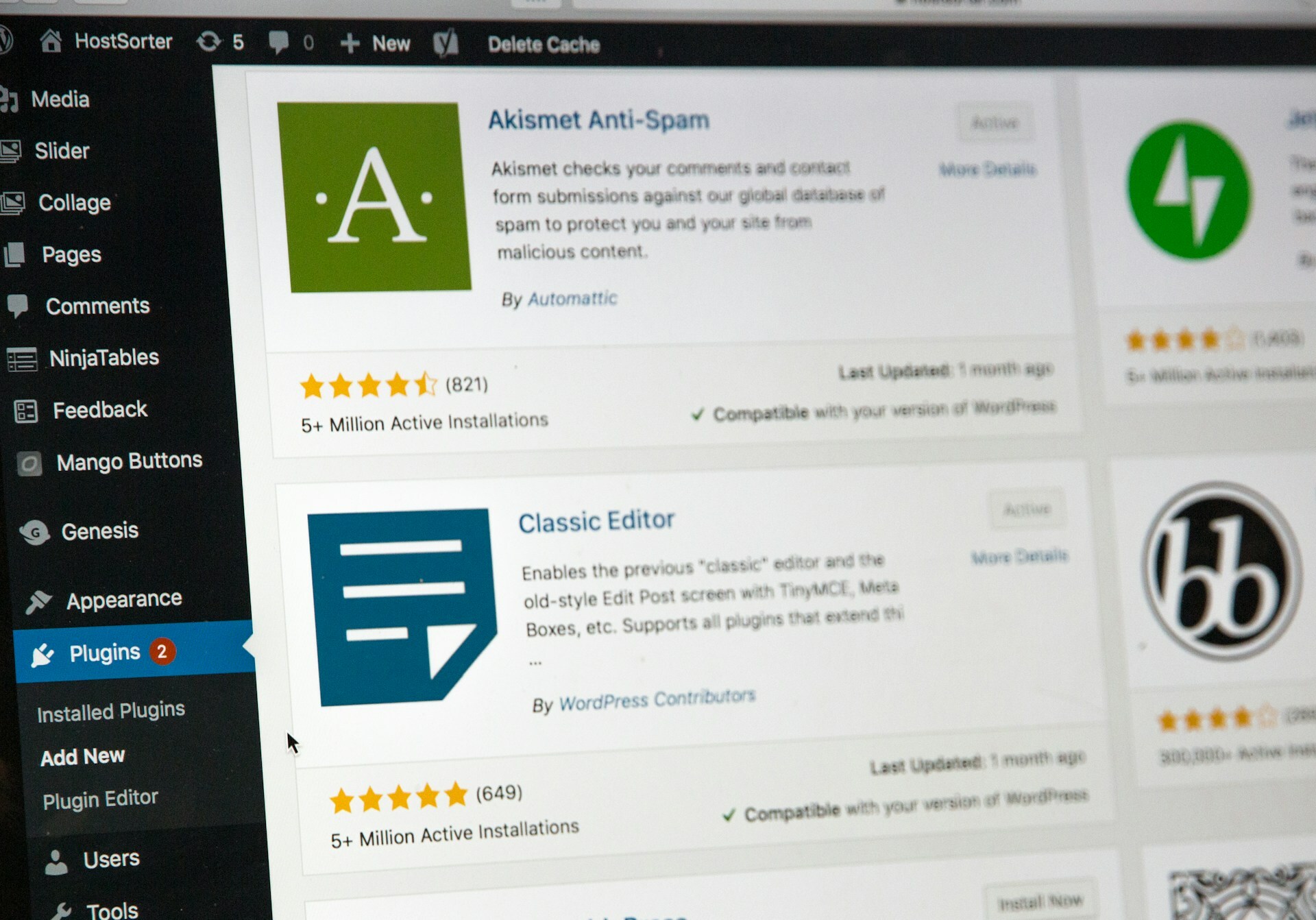
Five Common Web Security Sales Obstacles
The expansive growth of the cybersecurity market presents a massive opportunity for partners to boost their market presence and increase ROI with strong website security solutions. In fact, according to Hiscox’s 2021 Cyber Readiness Report, the amount spent on cybersecurity in 2020 by small to medium-sized businesses (SMBs) increased from $551 million to a staggering $925 million. As more businesses expand their digital footprint to drive success, the scope and volume of harmful cyberthreats will grow larger and more sophisticated. With that, the need for excellent and unwavering website security will only increase—especially for your valued customers.
However, success isn’t always easy when it comes to selling website security. When businesses make decisions that affect the security of their digital assets, they’re often met with questions and concerns from prospective customers. This can create difficult sales obstacles if partners aren’t prepared with a strategy to overcome those objections.
Read on to learn five common web security sales obstacles and how to overcome them.
Start By Educating Customers On Potential Threats
In order to successfully overcome common objections, partners must help their SMB customers clearly understand prevalent website security threats. This helps them understand not only the threat landscape and the impact threats could have on their business, but also the value of taking proactive security measures. A few threats you should ensure your customers are educated on include:
- Malware: This malicious software is designed to steal a company’s money and damage their reputation. Discover the five types of malware all SMBs should be aware of.
- Ransomware: This is a form of malware that attackers use to restrict a user’s access to their data. After a ransom amount is paid—often in cryptocurrency—the user’s locked data is restored; otherwise, the ransomware may corrupt the user’s data, making it unusable.
- Denial-of-service (DDoS) attacks: In a DDoS attack, the assailants band together to take a site down by targeting and disrupting its offered services.
- Spam and phishing: This is when unsolicited emails containing malware links or attachments make their way into a user's inbox.
How To Overcome Common Objections
Your customers may assume they’re already protected against common website security threats—but in reality, they’re not. Below are five common web security sales objections and suggested strategies to help overcome them:
- “I’m not hacked, and I don’t have any issues.” Most malware is incredibly stealthy and capable of going unnoticed for long periods of time, which can do serious harm to your customers. Just because your customer doesn’t have a known issue at the moment, doesn’t mean their website is free of risk. In fact, numerous factors—like how a website was designed and developed—can increase the risk of their site being attacked. Educating your customers on their risk of attack and how to protect against potential threats can be very effective in overcoming this objection.
- “I’m too small to be hacked.” Although large enterprises dominate media headlines when it comes to cyber-attacks and security breaches, it's the smaller sites that are actually targeted the most. What are cyber criminals after? Typically, things like network resources and bandwidth are extremely valuable to hackers. The reality is, there’s no such thing as being too small to hack, and every website, regardless of its size, is a target.
- “I can’t justify the investment.” Small businesses often build and maintain their own websites, but many do not have the technical expertise or bandwidth to ensure adequate protection is in place, which puts them at significant risk. With 60% of small businesses forced to go under following a cyberattack, the question isn’t whether or not your customer can afford website security, but whether they can afford not to have it. Additionally, there are numerous website security options available today that can easily accommodate any SMB’s budget—so investment should never be a cause for objection.
- “Isn’t my host protecting me already?” It’s a common misconception that hosting providers protect the websites they host. In reality, hosting providers only protect the servers their sites are hosted on, not the websites themselves. Worse yet, if a website is compromised, the host will likely temporarily take a website down in order to protect the rest of the websites sharing that server—which can be the kiss of death for your customer’s business.
- “I have an SSL certificate, so I don’t need website security.” SSL certificates provide privacy, authentication, and integrity to all data transferred over a network. While SSLs can be a great first step to securing a website, however, they do not offer comprehensive website protection. At the end of the day, your customers still need to protect their site from defacement, resource theft, and other kinds of attacks as listed above.
Surpassing The Competition By Surmounting Web Security Sales Obstacles
With cyberattacks continually on the rise, it’s essential to help customers understand why they need website security. Now that you understand how to overcome some common web security sales objections, discover additional benefits by partnering with SiteLock, a leader in website security. Our program has enabled hundreds of worldwide partners to supercharge their revenue. Get started today with SiteLock.





